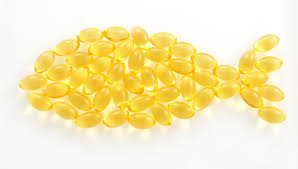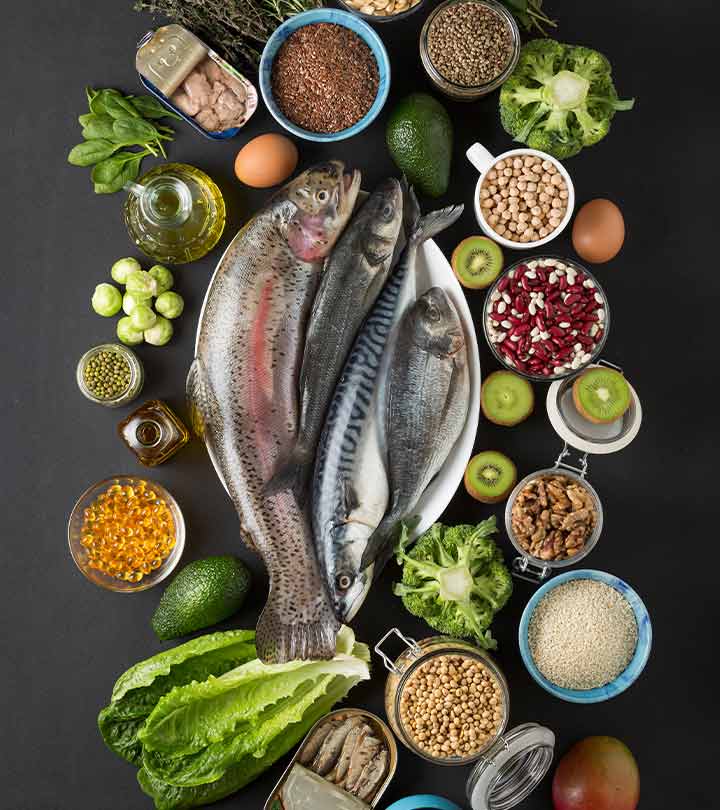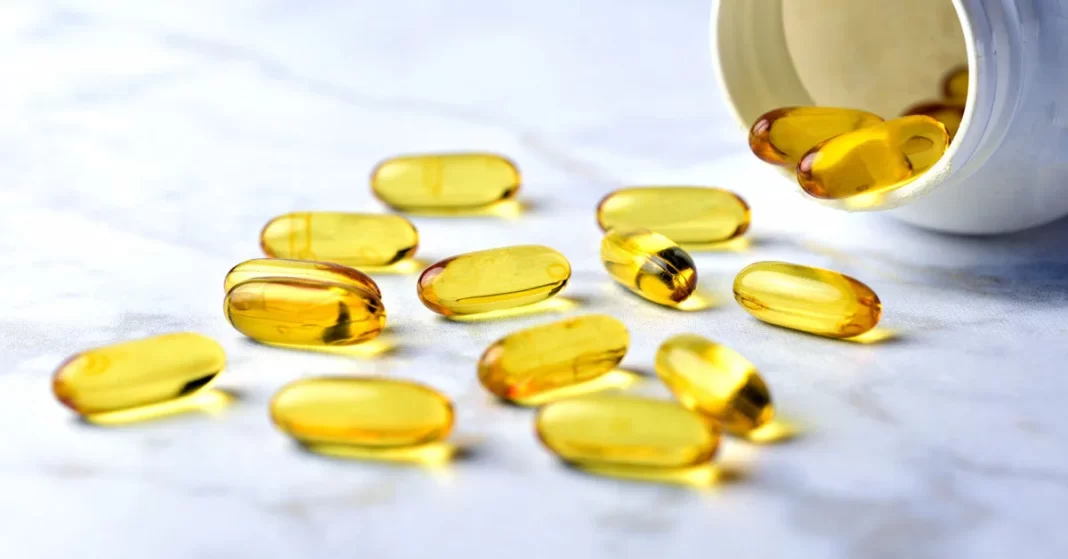The importance of omega-3 fats has probably been discussed, but with so many options available, it might be challenging to pick the best supplement for you. No omega-3 oil is inherently superior to others since they all have different uses and provide different health advantages.
The distinction between omega-3 and fish oil supplements is one of the most often asked questions. Omega-3 fatty acids are present in all forms of fish oil, although not all omega-3 lipids originate from fish oil. Omega-3 fats from fish oil are better absorbed by the body because they naturally include EPA and DHA, whereas ALA is transformed into EPA and DHA in plant-based omega-3 sources. It can be challenging to get adequate omega-3s from plant-based oils alone since certain people are genetically prone to conversion inefficiency.
Read More: Iron Power will enhance your child’s growth!
It’s crucial to know how to integrate a range of fats and oils that offer omega-3s into your routine because they can usually be found in the diets of both children and adults.

OMEGA-3 FATTY ACIDS: WHY ARE THEY SO IMPORTANT?
Health care experts frequently advise supplementation in the form of fish oil or other omega-3 oils since omega-3 fatty acids are a common dietary shortfall (second only to vitamin D in frequency). The term “essential fatty acids” refers to all omega-3s since the body cannot create these polyunsaturated fats on its own. Given that “poly” stands for numerous and “unsaturated” stands for double bonds, the term “polyunsaturated” refers to a particular chemical structure.
Fish oil includes the omega-3 fatty acids docosahexaenoic acid (DHA), eicosapentaenoic acid (EPA), and alpha-linolenic acid (ALA). Each one helps maintain weight and mood, proper inflammatory pathways, balanced cholesterol levels, healthy triglycerides, cardiovascular and cognitive health, and forms important parts of the body’s cell membranes.
USE OF OMEGA-3 VS. FISH OILS AND WHEN
To ensure you receive a wide variety of nutrients, it is crucial to add diversity in your diet. Aim for a variety of good omega 3 fats. Flax oil and flaxseeds, walnut oil and walnuts, and pumpkin seed oil and pumpkin seeds are examples of plant-based oils that are high in ALA. The assistance they provide for women’s hormonal balance and breast health is another benefit associated with some of these fats, notably flax oil.
Also, there are many different kinds of fish oil supplements, and a doctor will advise a particular brand or model based on your goals. For instance, substantial doses of cod liver oil might be used to support a typical inflammatory response or joint pain. To promote a healthy lifestyle, a highly concentrated fish oil pill may be utilised for greater dosages.
The key message is that you don’t need to consider picking one over the other; instead, include a range of meals high in fish and plant-based omega-3s (as well as supplements, if necessary) for overlapping advantages.

OMEGA-3 SUPPLEMENTS BASED ON PLANTS
Some people (particularly women) have a lower ability to convert ALA to DHA and EPA fatty acids, which is mostly attributable to heredity. It may be difficult for some people to get enough omega-3s from plants alone. Algal oil is one plant-based option that provides EPA and DHA for vegans and vegetarians. Laying the groundwork for a balanced intake of fatty acids can be accomplished by combining algal oil with other ALA-containing fats including sesame, chia, pumpkin, flax, and hemp.
What to look for in fish oil?
Every fish oil is different, just like every other dietary supplement. It’s crucial to be aware of the following things while looking for fish oil:
1. FRESHNESS
Omega-3 fatty acids are very prone to oxidation, which causes them to go rancid and transform into pro-inflammatory fatty acids.
2. PURITY
Always go with products that are free of heavy metals, dioxins, and other pollutants that fulfil international purity requirements.
3. POTENCY
A high-quality fish oil supplement that works should include a sufficient level of EPA and DHA.
4. BIO-AVAILABILITY
The molecular structure of the fatty acids determines how well the body can absorb the beneficial components of any fish oil. The better the structure, the more natural, which is why cod liver oil is a common option.
5. SUSTAINABILITY
Be on the lookout for sustainable harvests of products and non-threatened species.

INGREDIENTS CONTAINING OMEGA-3 FATTY ACIDS
Cold-water fatty fish like wild salmon, mackerel, sardines, and herring are other good dietary sources of omega-3 fatty acids in addition to the nuts, seeds, and plant-based oils already mentioned. Grass-fed beef and eggs from pastures or containing omega-3s also include some EPA and DHA.
Although while fatty fish is unquestionably the best nutritional source of omega-3 fatty acids, pollution exposure is a significant issue. Mercury, pesticide residues, dioxins, and polychlorinated biphenyls (PCBs) that are present in industrial products and chemicals are of the highest concern for human consumption. Wild-caught prawns, salmon, sardines, anchovies, and Atlantic mackerel are some examples of seafood that is high in omega-3 fats and low in environmental pollutants.
Read More: Benefits of Yoga: Include it in Your Daily Routine to Keep Yourself Fit.








